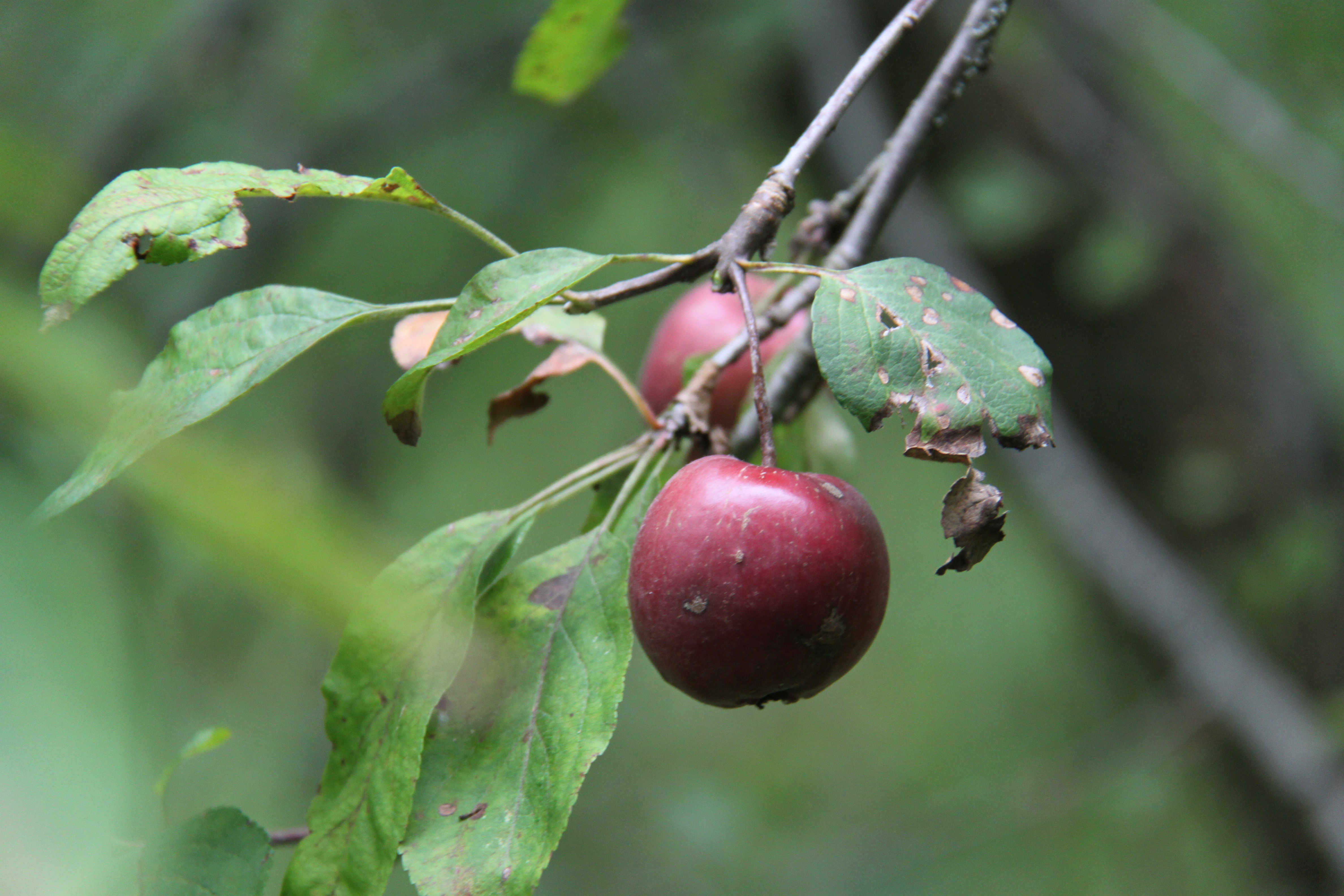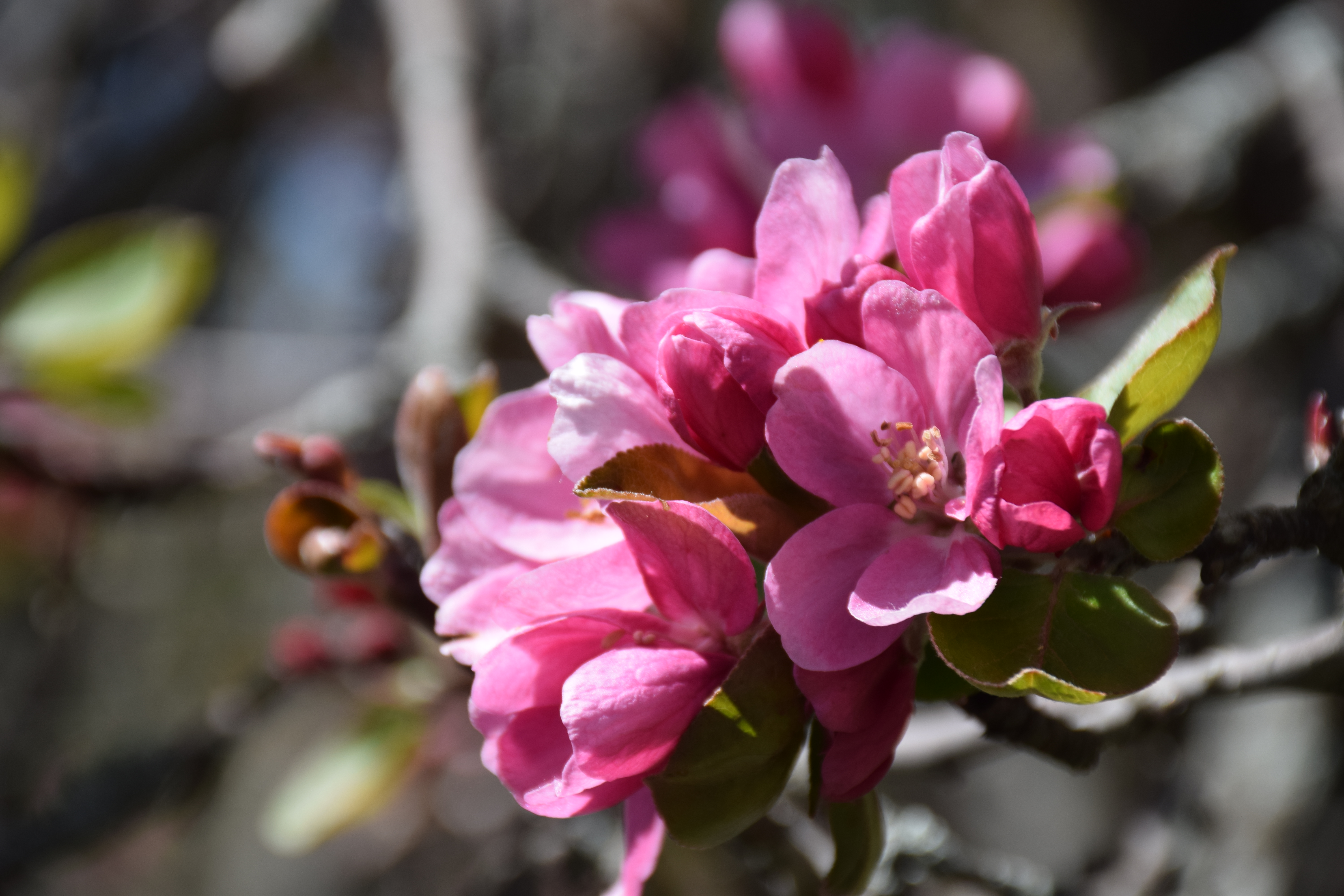Conservation and Research of Wild Fruit Species in Western Tian Shan
Central Asia is the motherland of apples. This is evident from many genetical studies including the recent “The Domestication and Evolutionary Ecology of Apples” by Cornille et al. Aside from apples, this region is rich in other biodiverse wild fruits, including pears, grapes, and walnuts. Forests dominated by these species cover the slopes of Fergana and Chatkal ridges, forming one of the most valuable genetic pools in the world. These forests represent an important and valuable resource, crucial for the development of new crop varieties with traits useful for climate change adaptation.
These wild walnut-fruit forests are used by local communities as a source of income. The walnut collection provides the greatest profit, making walnut trees an important economic asset. Other species like wild apples and pears are selectively cut for firewood. Livestock grazing in these forests affects the natural regeneration of fruit species and walnuts. These factors are a serious threat to the forest and rare wild apples. As natural propagation is limited, the forests are old which makes them vulnerable to pests and diseases leading to their slow disappearance.
MSRI and Mountain Societies Development Support Programme (MSDSP) have collaborated on a complex project, funded by the Critical Ecosystem Partnership Fund to address these issues. MSRI implemented the research component of the project, which investigates the ecology of the species, patterns of their distribution, and response to climate change. The social and economic context is assessed by interviewing local communities about their income strategies and use of natural resources. The practical socio-economic component of the project is implemented by MSDSP working with local communities to raise awareness about the value of wild fruit species. This component strives to improve local income generation capacity and build connections within markets. It also supports the reproduction of wild fruit species.
MSRI and Mountain Societies Development Support Programme (MSDSP) have collaborated to develop a complex project, funded by the Critical Ecosystem Partnership Fund to address these issues. The research component of the project is implemented by MSRI and it investigates the ecology of the species, patterns of their distribution, and response to climate change. The social and economic context is assessed by interviewing local communities about their income strategies and use of natural resources.
The socio-economic component of the project is implemented by MSDSP, which works with local communities to raise awareness about the value of wild fruit species. This component strives to improve local income generation capacity and build connections within markets. It also supports the reproduction of wild fruit species.










